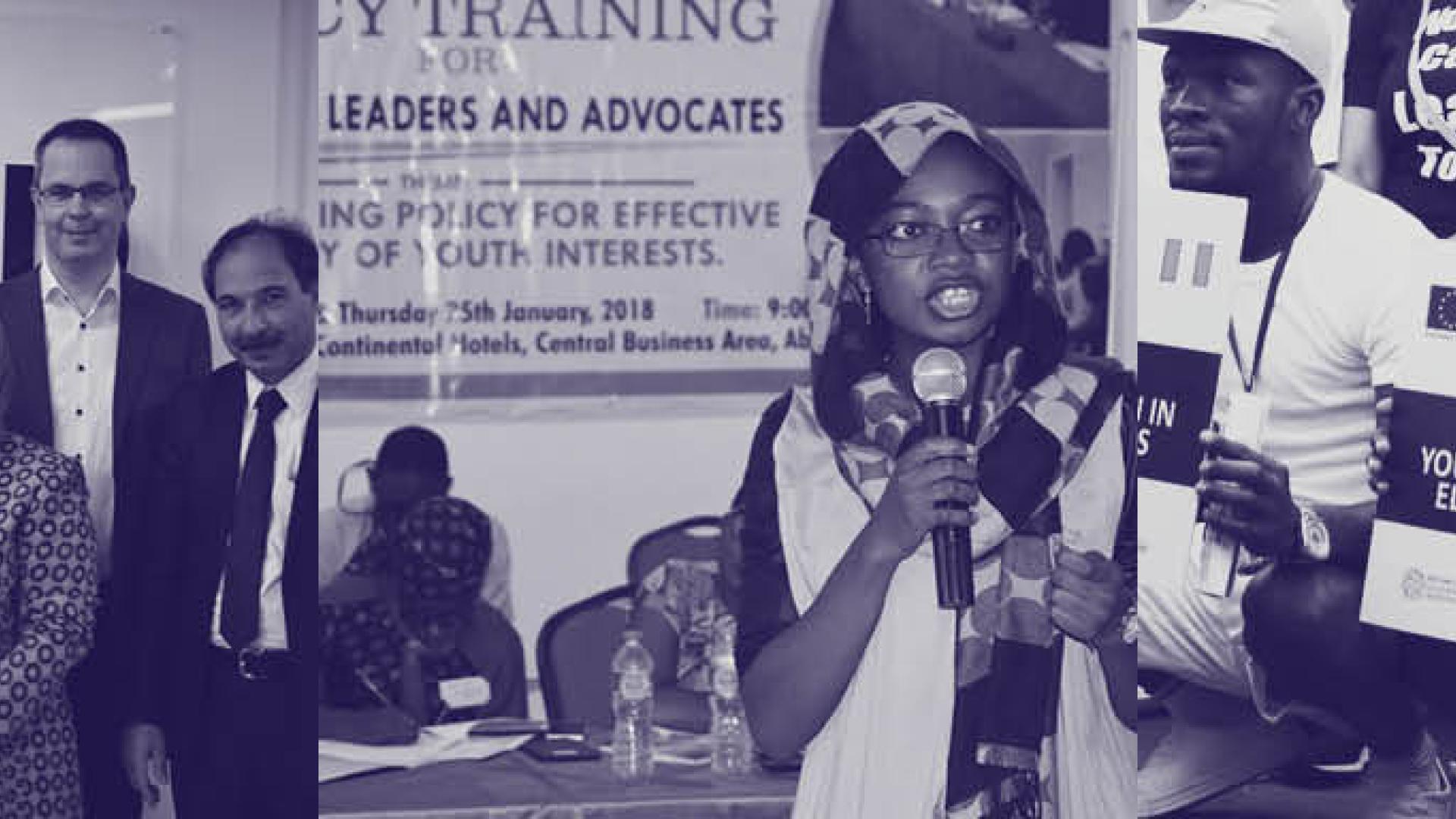Women’s caucuses and committees: What do they offer?

“The Parliamentary Labour party is a men’s club.” That was Baroness Corston’s response when talking to the chief whip about establishing a Labour Women’s Parliamentary Group in 1992. Over two decades later, women caucuses and committees are becoming more and more important in parliaments around the world.
The impact they can have – and the challenges they face – were discussed at Tuesday’s meeting of the Westminster Community of Practice. At the first discussion since the launch in September, representatives from the UK parliamentary practitioner community met to consider the effectiveness of formally structured groups in parliaments and how they can achieve gender sensitive policy and legislation.
There was consensus across the panel that female parliamentary bodies are an effective tool for putting issues that impact on women’s lives on the agenda.
Such groups, Professor Sarah Childs from the University of Bristol argued, can provide “a different way of doing politics” and “by design have great potential”.
Kenyan MP Hon. Sanjeev Kaur Birdi, a member of the Kenya Women’s Parliamentary Association (KEWOPA), highlighted their work in influencing recent bills on marriage and reproductive health.
Baroness Corston explained that “issues only women raise politically” were the motivation for starting the parliamentary Labour party women’s organisation. She pointed to the first ever childcare strategy adopted by the UK government in 1997 as a result of lobbying from the women’s group and the increased number of women in parliament that year.
WFD’s Anthony Smith flagged our regional women’s programme tackling legislation across the Middle East and North Africa. This programme is trying to raise awareness of discrimination towards women. Achieving this means engaging all members of society to debate issues that impact all citizens.
Getting the support of male parliamentarians was also seen as essential when advocating for women’s groups and caucuses. Hon. Birdi referenced a dinner event KEWOPA held in which they invited male parliamentarians to be their “dates” to the event where the bill would be discussed. The support this act of engagement earned for the bill reiterated the importance of a united front. Baroness Corston, too, referred to how she measured the success of the Labour party parliamentary women’s group by the amount of times they were asked for advice from the mostly-male frontbench. They became the go-to organisation for policy concerns on gender and women’s issues.
The work Baroness Corston and other female MPs did to create an outlet for the voice of women in the House of Commons was inspirational. Hon. Birdi expressed the pride she felt in sharing the panel with women who have provided precedent for change in countries around the world. Joining the Kenyan parliament could be a daunting experience for women, she said, but added that women now in Kenya “are where they are because of the previous generation of women MPs”.
She spoke of the absurd discrimination some encountered, including bans on taking handbags into parliament and wearing trousers. Parallels were drawn between Mrs Birdi’s experience and that of Baroness Corston, who joined the UK parliament in 1992 when there were only 37 female Labour MPs. Despite the huge strides taken by the Labour party women’s group since then, including the introduction of all-female shortlists for party selection, an effective mechanism for scrutinising legislation was still lacking – until this year.
This summer marked the establishment of the Women and Equalities Select Committee. Its chair, Maria Miller, was present at the event. Her committee “filled the obvious gap on scrutiny and accountability mechanisms” that the informal groups like the parliamentary Labour party women’s group did not have. These groups, Professor Childs argued, often lack the needed resources and level of engagement from members. The select committee was established as a response to the recommendation from the all-party parliamentary group on women’s issues that more “responsive, inclusive, equal” consideration of legislation that impacts on women was urgently needed.
This positive step in the UK mirrors the approach WFD takes in countries where it has programmes that encourage women to be more active in politics. Anthony Smith highlighted the importance of fostering leadership, increasing effective participation and debating legislation – a prime function of the UK institutions that are working toward gender equality in the UK. It is political parties that have the ability to strengthen these processes and get more women active in politics. All panellists and members of the audience pointed to the crucial role political parties play as the gatekeepers to selection.
The level of engagement on such important issues at the event on Tuesday was a wonderful demonstration of the willingness of Westminster institutions and academics to partner and share expertise. It was an extremely positive meeting of the Community of Practice, which was established at its inaugural meeting in September. The wealth of experience and expertise across UK institutions is something that the Westminster Community of Practice will continue to gather together to highlight and inform the most important parts of our work – and the event on Tuesday night was a prime example of that.


